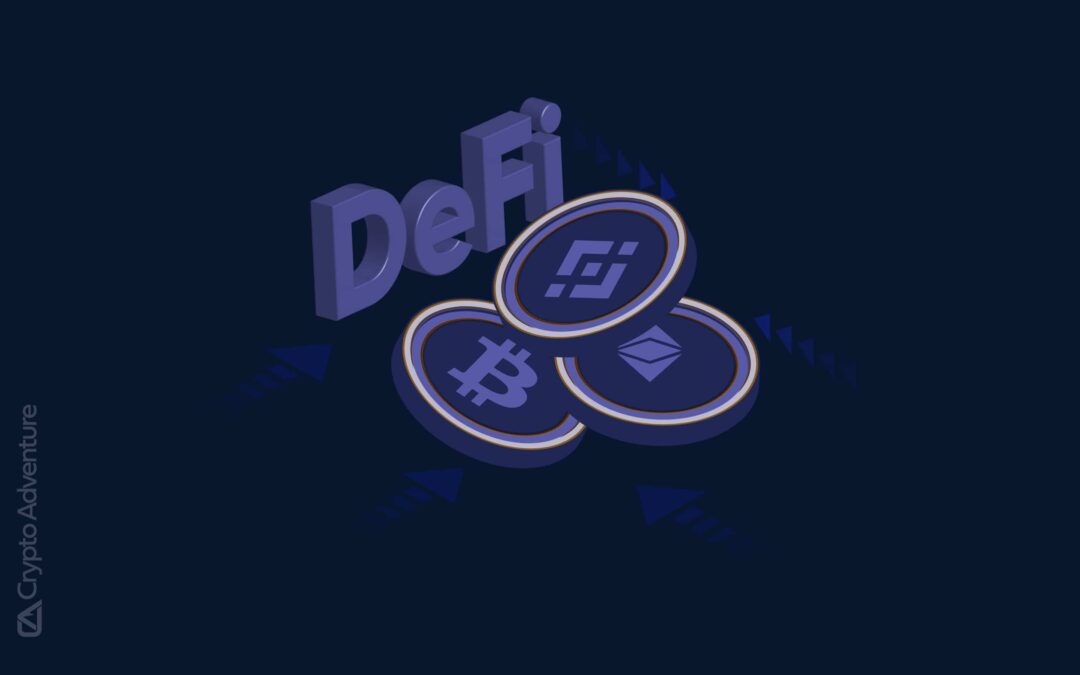In the ever-evolving landscape of finance, the term “DeFi” has been making waves, sparking curiosity, and stirring up discussions among investors and enthusiasts alike. But what exactly is DeFi, and more importantly, is it profitable?
DeFi, short for Decentralized Finance, represents a paradigm shift in how we perceive and interact with financial services. It leverages blockchain technology to provide decentralized alternatives to traditional financial intermediaries, such as banks and brokerages. From lending and borrowing to trading and asset management, DeFi platforms offer a myriad of opportunities for users to participate in an open and permissionless financial ecosystem.
Now, let’s address the elephant in the room: profitability. Can one really make money through DeFi? The short answer is yes, but like any investment opportunity, it comes with its own set of risks and considerations.
One of the primary ways individuals can profit from DeFi is through yield farming. Yield farming involves providing liquidity to decentralized exchanges (DEXs) or lending platforms in exchange for rewards, typically in the form of interest or governance tokens. By locking up their assets in smart contracts, users can earn passive income based on the platform’s lending rates or trading fees.
However, it’s crucial to recognize that yield farming isn’t a guaranteed path to riches. The DeFi space is notorious for its volatility and susceptibility to smart contract bugs and exploits. As such, investors should conduct thorough research and due diligence before committing their funds to any DeFi protocol. Additionally, factors such as impermanent loss and slippage can impact overall profitability, further highlighting the importance of risk management.
Beyond yield farming, DeFi also offers opportunities for active trading and speculation. With an abundance of tokens and projects launching daily, traders can capitalize on price fluctuations to generate profits. Nevertheless, trading in the DeFi space requires a deep understanding of market dynamics, technical analysis, and risk management strategies to navigate successfully.
Furthermore, it’s worth noting that the profitability of DeFi ventures can vary greatly depending on market conditions, platform popularity, and user participation. What may be profitable today could quickly turn unprofitable tomorrow, underscoring the need for adaptability and flexibility in one’s investment approach.
Conclusion
while DeFi presents exciting opportunities for financial innovation and potential profit generation, it’s essential to approach it with caution and a realistic mindset. Like any investment endeavor, success in DeFi requires diligence, research, and a willingness to accept and manage risks. By staying informed, diversifying one’s portfolio, and exercising prudence, investors can unlock the profit potential of DeFi while minimizing exposure to potential pitfalls.

